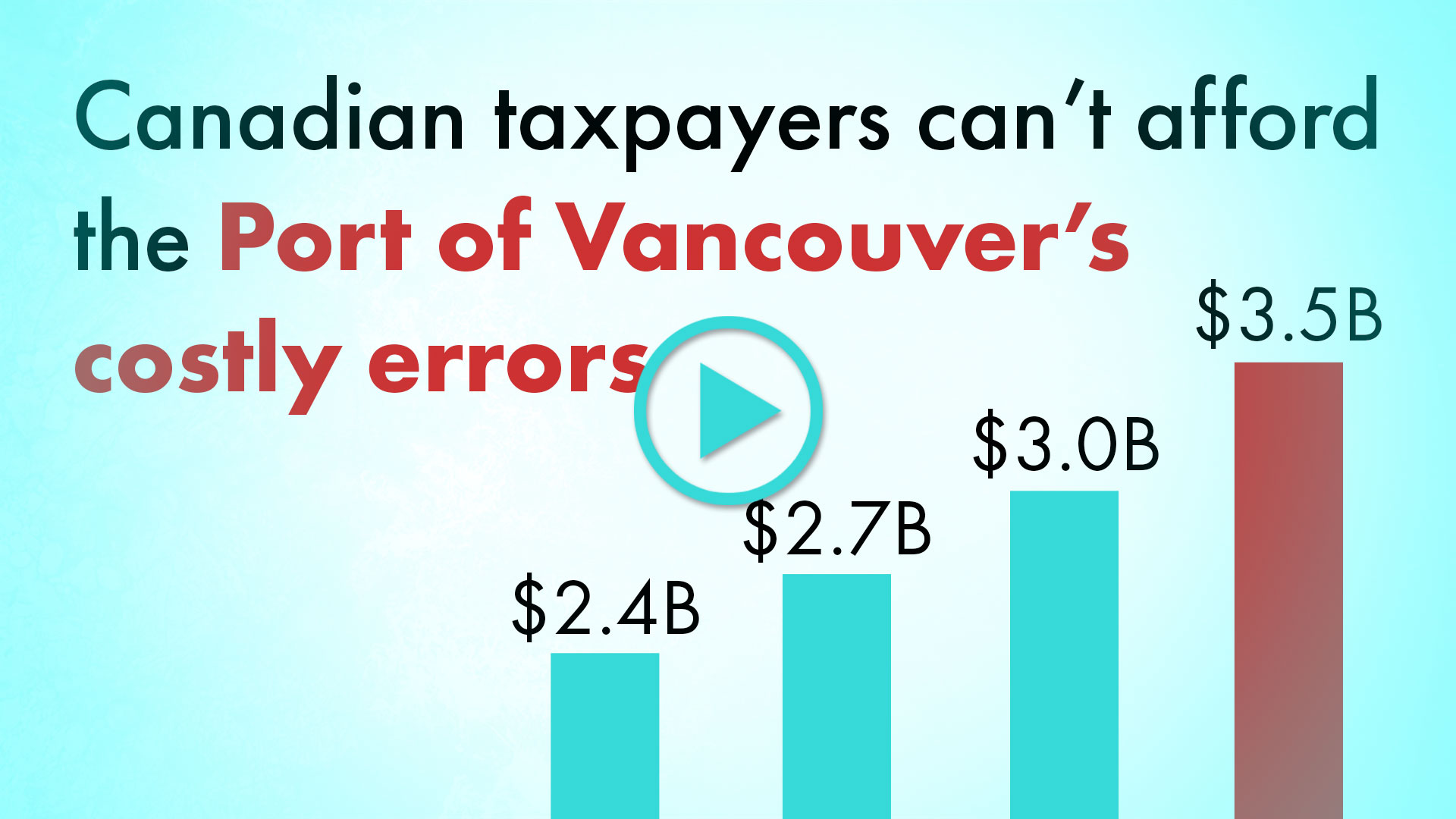Ports across the globe face a daunting challenge: they must expand in order to deliver additional capacity. However, any industrial expansion can potentially run afoul of stringent environmental law and regulations.
But the Vancouver-based Global Container Terminals (GCT) Deltaport Fourth Berth Expansion (DP4) project may provide the best of both worlds: improving container terminal capacity at Roberts Bank in Delta in a smart, environmentally conscious fashion.
The project is being offered as an alternative to the Vancouver Fraser Port Authority’s Roberts Bank Terminal 2 (RBT2) project. GCT is concerned that RBT2 could cost up to $3.5 billion of public funds, making it the most expensive port expansion in the world. They are concerned this could pose dire consequences for overall competitiveness of the Vancouver Gateway. Further, the proposed project would cover 164 hectares and be built out into the ecologically sensitive south Salish Sea.
To contrast, privately-owned GCT, which has operated on the West Coast since 1907, would deliver the additional capacity (two million TEUs) via incremental addition of a fourth berth within 56 hectares. Its proposal would build from the existing terminal back to the shore at an estimated cost of $1.6 billion.
Both projects have incurred their fair share of challenges. Selected bidders decided to walk away from RBT2 after the financial crisis of 2008, and since then the Port Authority has twice gone to market and failed to find a private sector terminal operator.
GCT’s initial project application submitted in 2019 was rejected by the same Port Authority advancing RBT2 and is now under judicial review. The changes to the environmental assessment legislation in late 2019 enabled the project to move forward into the regulatory process despite the challenges from the Port Authority.
Marko Dekovic, vice president public affairs at GCT, is concerned that the proposed cost of RBT2 keeps expanding and has “almost doubled the original cost.”
“The Port Authority is repeatedly overestimating the amount of new container traffic calling at the port and the resulting capacity that will be needed,” Dekovic adds, referring to the Port’s desire to get the expansion moving as soon as possible.
A Black Quay Consulting study shows there is enough existing container capacity on Canada’s West Coast to meet demand until at least the early 2030s. “Therefore, there is plenty of time to evaluate all options and be sure to get it right,” according to Dekovic. “The Port of Vancouver should live up to its mandate that it requires ‘balancing many opposing interests of a broad range of stakeholders,’ ultimately having to make decisions in the best interests of Canadians generally.”
He continues, “We are simply looking for a fair process that evaluates all options for effective terminal expansion at Roberts Bank that is indeed in the best interest of Canadians.”
This article originally titled GCT Deltaport expansion a cost-effective and environmentally-friendly solution written by Robin Brunet was originally published in Business in Vancouver (BIV) on May 31, 2021.
